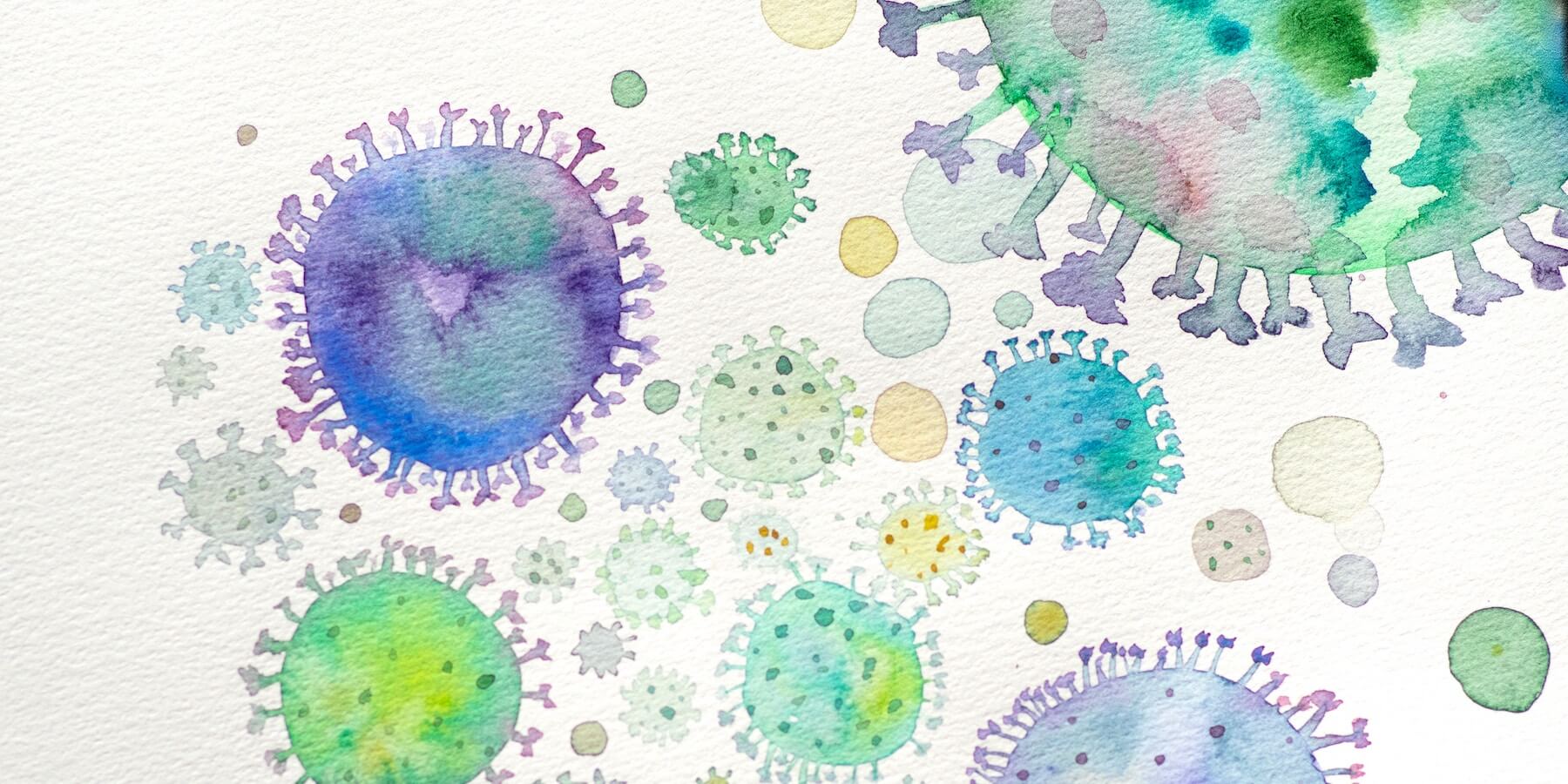A reader asks:
Is anxiety contagious? I’m pretty anxious and really don’t want to pass it on to my newborn daughter. Do you have any recommendations on this?
First of all, certain temperaments and personality traits can make us more or less vulnerable to anxiety. And those can be passed on genetically. If you have high trait neuroticism, for example, there’s a good chance your child will inherit that too, which will predispose her to being more anxious than average. I say this because it’s important to know that whether your child is anxious or not is not totally under your control—you could do everything “right” and your child might still end up with higher than average anxiety.
The other way anxiety can be “passed on” is through learning. Kids learn all sorts of things from the people they’re around, especially their parents or primary caregivers. And anxiety is no exception. But let me clarify a bit…
We don’t learn to be anxious per se: You feeling anxious won’t inevitably make your daughter feel anxious. Instead, we learn certain behaviors that tend to produce anxiety. Self-talk is an obvious example: If a parent engages in a lot of negative self-talk and worry out loud, that behavior is likely to be imitated and learned by their child, and as a result, lead to anxiety.
Here’s how I’d think about it:
What habits do I have that make me anxious? Which of those habits might my child pick up on and learn themselves through modeling?
Here are some common anxiety-producing behaviors to keep an eye on:
- Verbalized worrying and catastrophizing
- Reassurance-seeking
- Passive or passive-aggressive communication
- Self-criticism and self-doubt
- Conflict avoidance and/or not sticking up yourself
So, the first thing you can do to minimize the chances of your daughter “learning” anxiety from you is address your own anxiety—specifically, work on breaking the habits that contribute to your anxiety.
The second thing I’d recommend is to focus less on the idea of preventing your daughter from being anxious and more on teaching her to be resilient and how to handle anxiety well.
Here are a few suggestions:
- Talk about it. Most parents are afraid to talk about their anxiety for fear of “transmitting it” to their kids. But again, your kids will get anxious— the question is have you as their parent equipped them to handle it well? And one of the best ways to do that is to model it yourself… Of course, you want to do this in an age and situationally appropriate way. But when you’re willing to acknowledge feeling anxious and validate it, you show your child that to feel anxious isn’t bad or dangerous, which really is like half the battle. Now, this doesn’t mean you talk about your anxiety constantly or obsess over it. But every once in a while, you can acknowledge it, validate it, then move on—which can be a great lesson to your kids.
- Watch your self-talk. Worry is the primary cause of anxiety. And worry often gets verbalized in our self-talk which kids then pick up on. So, in addition to getting a handle on your own worry habit, I would encourage you to be mindful of not externalizing your negative or unhelpful self-talk.
- Let your kid struggle. A common pattern I saw among highly anxious people I worked with is that they often had a pattern of very loving parents who unintentionally contributed to their anxiety by being overly-protective. The real secret to not struggling with anxiety is to be confident. And kids can’t learn to be confident if their parents constantly shield them from struggles and difficulties. Now, this is a balancing act of course… It is your job to protect your kids from dangers. But there are a lot of struggles and difficulties that, while painful for them and you, are necessary ingredients in them learning that they can handle difficult things—including difficult emotions. Be careful not to deprive them of those valuable, if painful, experiences.
One last note: You don’t have to be perfect at this. Kids are resilient. And, to be honest, you have less control over this than you think. So be mindful, do your best, but try not to make yourself anxious about making your kids anxious 🙂
More Anxiety Resources:
